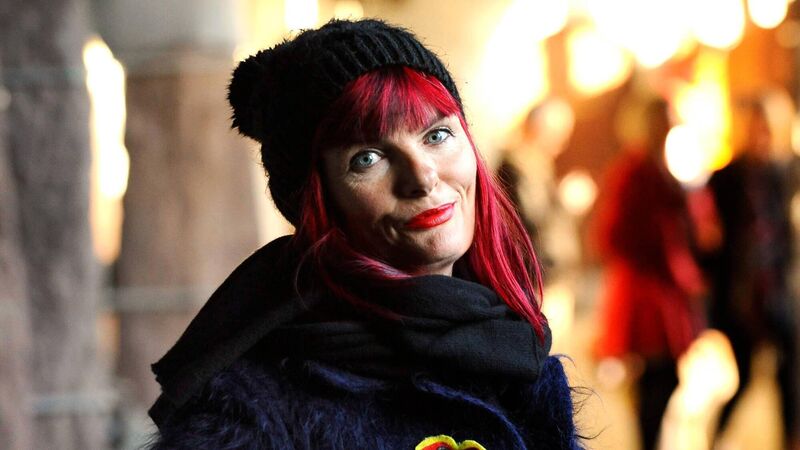Suzanne Harrington: Why are we in comical denial of death?

What good are things like flu jabs for people who have had enough of being alive?
Try from €1.50 / week
SUBSCRIBE
What good are things like flu jabs for people who have had enough of being alive?
Lionel Shriver, a novelist who doesn’t shy away from topics about which we are terminally squeamish — a few years ago she gave us We Need To Talk About Kevin — has done it again, this time about the right to die.
Her latest, Should We Stay Or Should We Go, is about a British couple, Kay and Cyril.
Already a subscriber? Sign in
You have reached your article limit.
Annual €130 €80
Best value
Monthly €12€6 / month
Introductory offers for new customers. Annual billed once for first year. Renews at €130. Monthly initial discount (first 3 months) billed monthly, then €12 a month. Ts&Cs apply.
Newsletter
The best food, health, entertainment and lifestyle content from the Irish Examiner, direct to your inbox.

Our team of experts are on hand to offer advice and answer your questions here
Newsletter
The best food, health, entertainment and lifestyle content from the Irish Examiner, direct to your inbox.
© Examiner Echo Group Limited